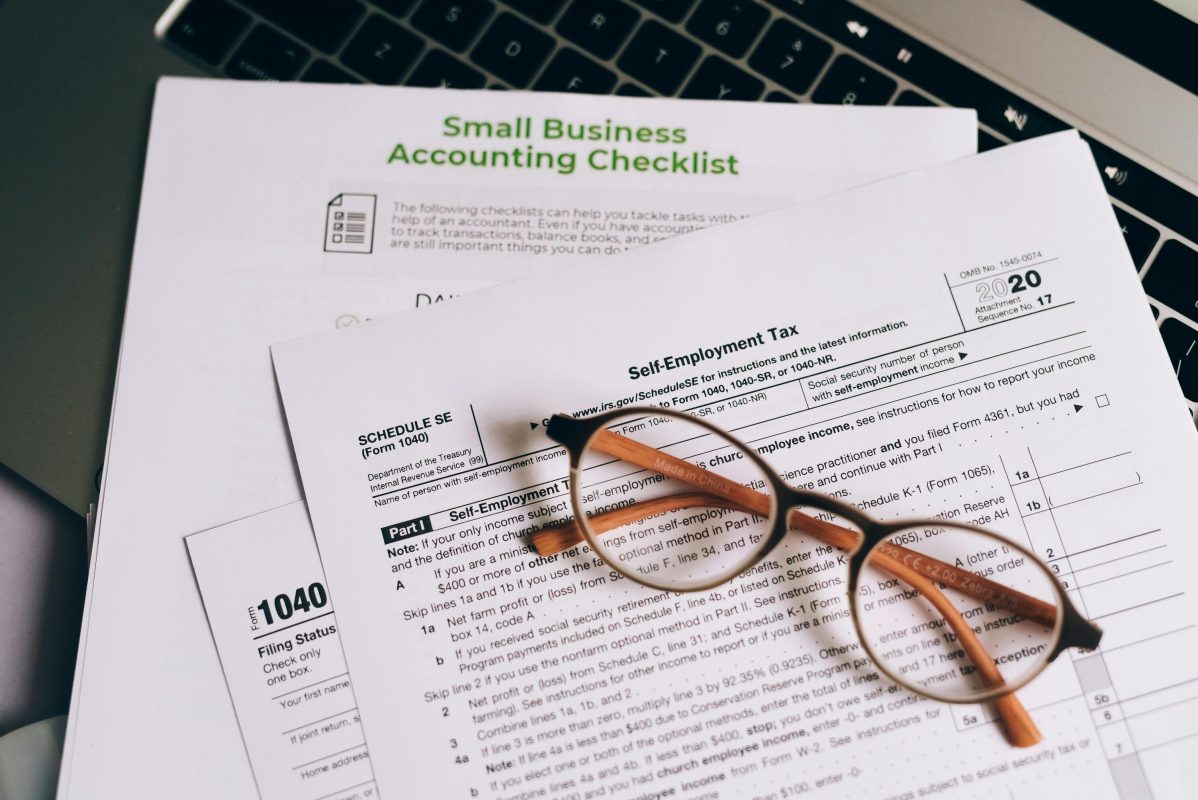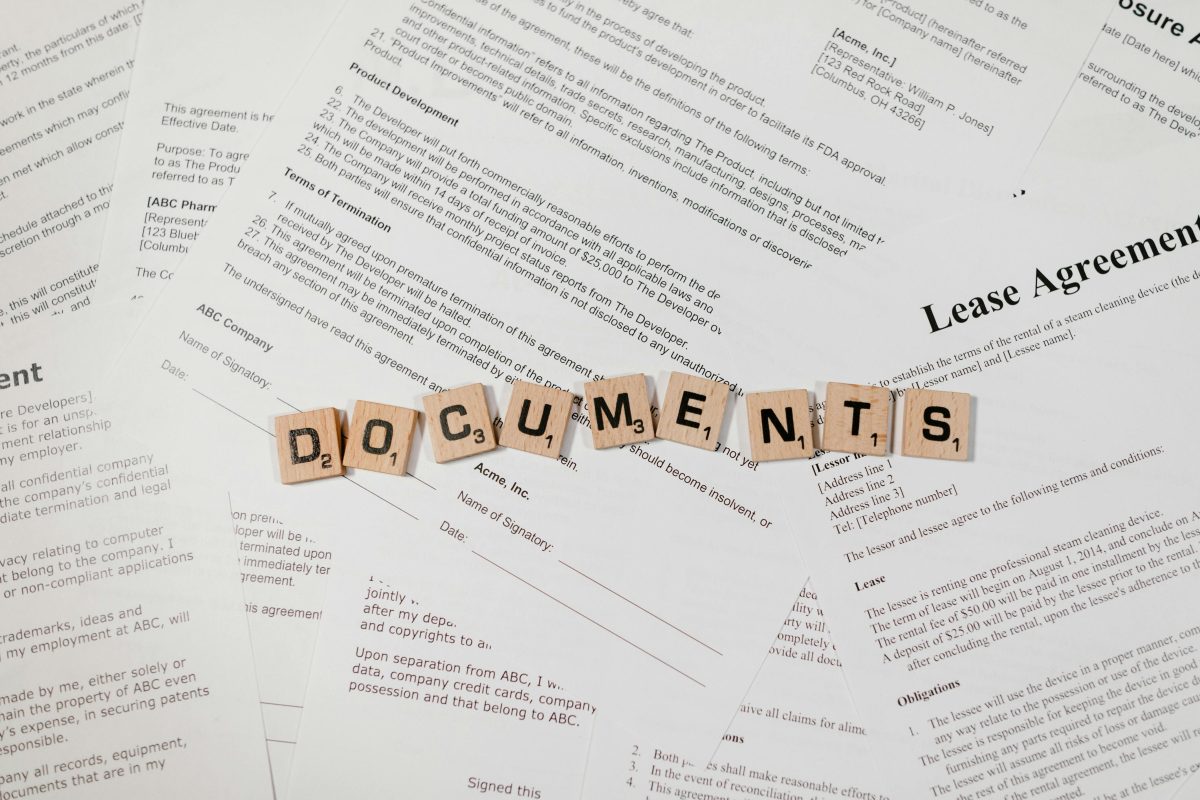What should be done to avoid risks when renting an office as the company’s headquarters in Vietnam?
Renting a business office as the company’s headquarters is one of the most crucial steps for enterprises, especially foreign investors entering the Vietnamese market. However, renting an office is not just about finding a suitable location—it also requires thorough legal due diligence and evaluation of related factors to avoid potential risks. From legal issues regarding ownership and the lessor’s leasing rights, to ensuring that the office meets business requirements, each aspect can significantly impact the company’s operations. So, how can businesses ensure safety and legality when renting an office in Vietnam?
This article will provide a detailed analysis of the key factors companies need to consider, helping investors avoid unnecessary complications and establish a stable foundation for their business activities.

1. Legal Assessment of the Rental Location
Before signing any office lease agreement, investors must take a crucial step to ensure legal safety: assessing the legal status of the rental location. This step not only protects the investor’s rights but also plays a decisive role in the stability and legality of business operations.
Investors should request and thoroughly review all legal documents related to the expected rental location. Essential documents include the Certificate of Land Use Rights, Ownership of Housing, or equivalent legal papers. If the rental location is a constructed building, documents such as the construction permit and applications of completion must be reviewed to ensure the building has been constructed and approved in compliance with legal regulations.
Additionally, verifying whether the rental property is involved in any disputes is indispensable. A property entangled in legal disputes poses significant risks, from potential repossession by third parties to operational hindrances. Such complications not only affect usage rights but could also cause severe disruptions to business activities. For example, if the rental property is subject to litigation or emergency measures like asset seizure, the company may face unforeseen consequences, including substantial financial losses.
2. Lessor’s Right to Lease Determination
Determining the lessor’s right to lease is a necessary step to ensure that the lease agreement is signed with the lawful signatory. Investors need to verify the legal status of the lessor through documents proving ownership or lawful rights to use the property.
In the case of jointly owned property, it is essential to clarify whether the lessor has the consent of all co-owners. For properties being subleased, the original lease agreement must allow the lessor to sublease the property. In case the lessor is acting as a representative, investors should further verify the power of attorney or relevant documents to ensure they have the authority to sign the lease agreement.
For example, if Company A subleases an office from Company B, but the lease agreement between Company B and the owner does not permit subleasing rights, the contract between Company A and Company B could be deemed invalid. This could result in serious legal risks for the investor.
3. Check the business rights at the rental location
Before entering into a lease agreement or making a deposit, investors must ensure that the expected rental location allows them to fully exercise the business rights according to their plans. Some locations may restrict certain types of business activities or only be suitable for specific industries. This is particularly important because, in the investment registration and business establishment procedures, documentation regarding the business location is required.
For example, if an investor wants to establish a manufacturing plant in a residential area, but the location is not authorized for industrial activities, the competent authorities will reject the registration application. Even if the lease agreement has been signed, the investor will not be able to use the property for the intended business purpose. Therefore, thoroughly checking the business rights at the rental property will help investors avoid disputes and unnecessary losses.
4. Assessment of Potential Risks and Disputes
The process of renting a business office goes beyond simply verifying legal documents; it also requires a comprehensive assessment of other factors such as the legal relationships between the parties involved and potential risks. Investors should wonder: “Is the rental location suitable for the long-term business strategy?”, “Are there any unfavorable clauses in the lease agreement?”, or “Are the additional costs transparent?”.
Furthermore, conducting field surveys and thorough legal due diligence may take some time, but it is the most effective way to ensure stability and avoid future disputes. A carefully evaluated rental property will serve as a solid foundation for the success of an investment project in Vietnam.
To minimize risks when renting an office in Vietnam, investors should perform comprehensive due diligence on the rental property. Additionally, before making a deposit or signing the lease agreement, investors should require the lessor to provide all relevant documents and negotiate the terms to protect their interests in case of disputes. Thorough preparation not only helps investors avoid unnecessary risks but also facilitates a long-term and stable investment process in Vietnam. By selecting the right location and ensuring legal compliance, investors will have the best foundation for developing their business operations while maintaining legal compliance throughout their activities.
Time of writing: 18/12/2024
The article contains general information which is of reference value, in case you want to receive legal opinions on issues you need clarification on, please get in touch with our Lawyer at info@cdlaf.vn

Why choose CDLAF’s service?
- We provide effective and comprehensive legal solutions that help you save money and maintain compliance in your business;
- We continue to monitor your legal matters even after the service is completed and update you when there are any changes in the Vietnamese legal system;
- Our system of forms and processes related to labor and personnel is continuously built and updated and will be provided as soon as the customer requests it;
- As a Vietnamese law firm, we have a thorough understanding of Vietnam’s legal regulations, and grasp the psychology of employees, employers, and working methods at competent authorities;
- CDLAF’s team of lawyers has many years of experience in the field of labor and enterprises, as well as human resources and financial advisory.
- Strict information security procedures throughout the service performance and even after the service is completed.
You can refer for more information:
- Summary of the latest legal regulations for News websites
- Tax administration for e-commerce, new regulations and important remarks
- Business activities of the acquired company, what foreign investors need to know










